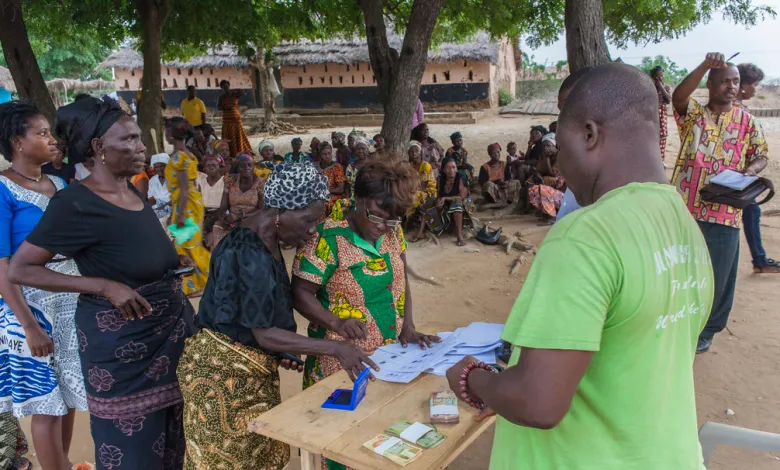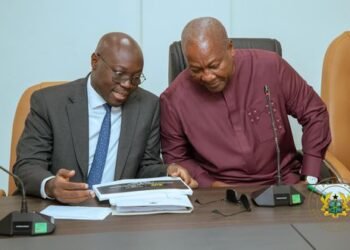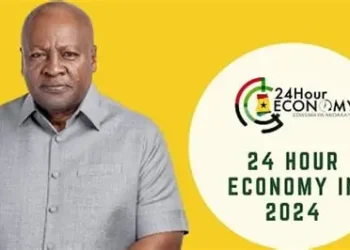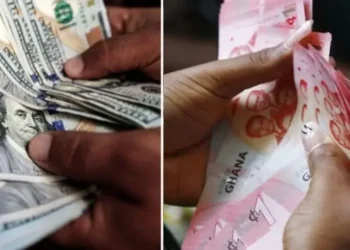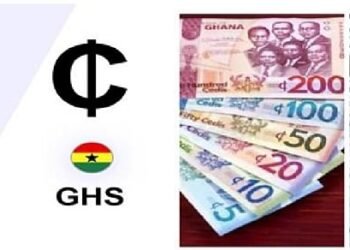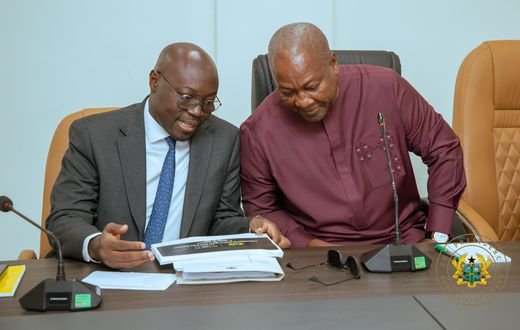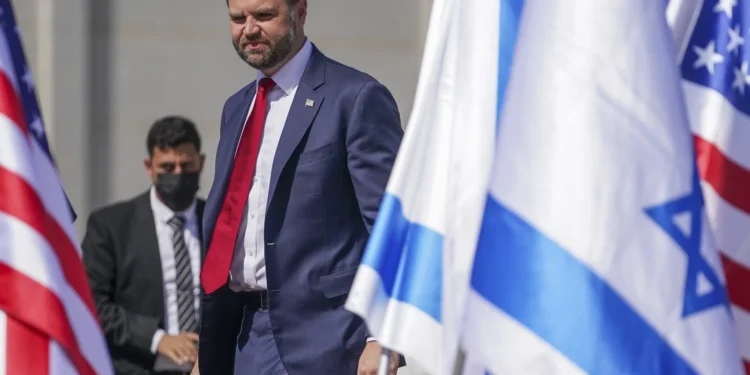The Government of Ghana has disclosed that it is committed to expanding coverage to all 2,500,000 extreme poor individuals as estimated by the Ghana Living Standards Survey (GLSS 7) by 2024.
While improving efficiency through digitalization and assessment, Government plans to increase the value of the Livelihood Empowerment Against Poverty (LEAP) grant from the average of GHC 41.75 per household to GH¢95.19 bi-monthly in 2023.
“Even amidst the current difficulties, we remain committed to implementing Ghana’s social protection programmes. We will not renege on our responsibilities towards the vulnerable and socially excluded and the implementation of our various social protection programmes will be expanded.”
Ken Ofori-Atta
Data presented by the Minister for Finance, Ken Ofori-Atta, showed that the Livelihood Empowerment Against Poverty (LEAP) Programme has since its inception in 2008, supported several extremely poor and vulnerable households.
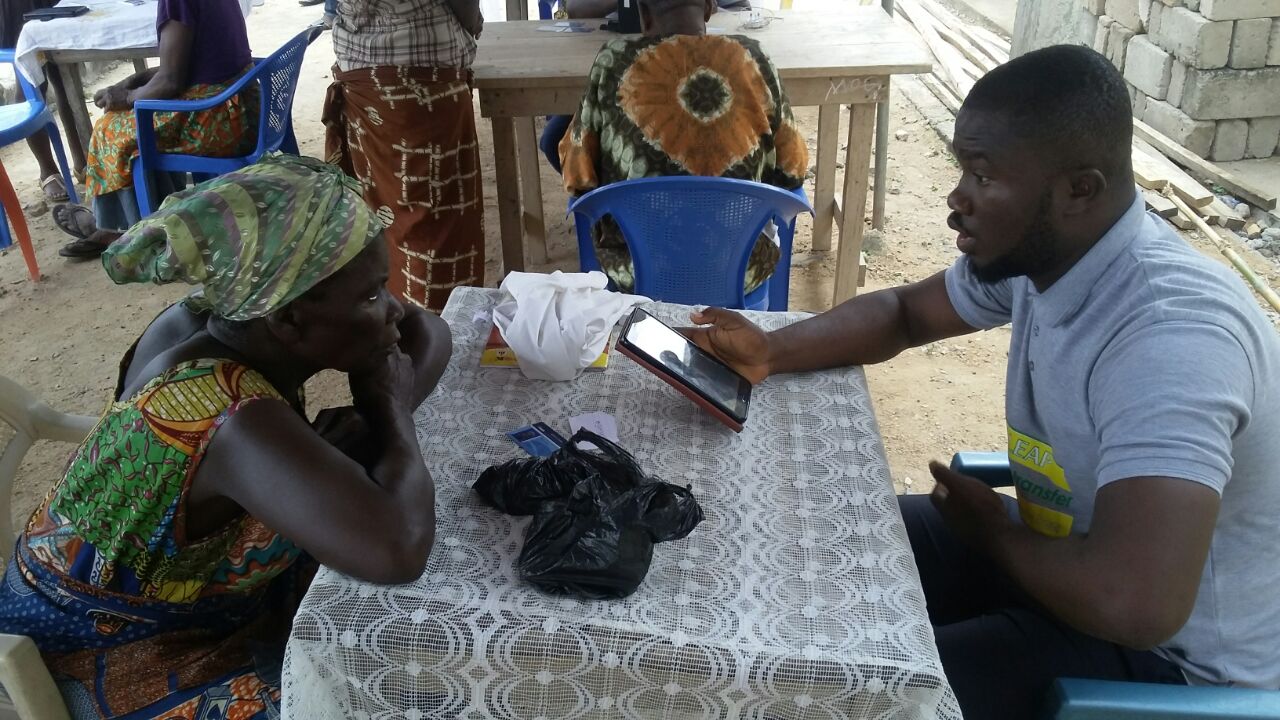
Beneficiary coverage rose from 143,552 in 2015 to 344,389 households comprising 1,827,035 individuals as of September 2022.
Despite the recent fiscal challenges, government assured that the Ghana School Feeding Programme (GSFP) which provides one hot nutritious meal each day for 3,448,065 beneficiary pupils in public basic schools as of December, 2021 will be sustained.
Government also hinted to increase the grant but yet to disclose the exact percentage of expected increasing which is anticipated to begin next year.

“In 2023, the feeding grant will be increased to reflect the current cost of living. The programme will also strengthen domestic production by sourcing locally produced food from the National Buffer Stock company.”
Ken Ofori-Atta
Addressing challenges with the capitation grant
Government abolished the charging and payments of all forms of fees/levies in all public basic schools and replaced them with the capitation grant in 2005.
Per the Government’s analysis, this has contributed to steady increases in enrollment over the years. With its positive results, Hon. Ken Ofori-Atta disclosed that government will continue to strengthen monitoring to address teething challenges in the implementation of the policy.
Key areas to be tackled include: timely release of the grant, misuse of funds, transparency and poor book keeping and value of grant amount.
Ghana’s rapid growth (7 percent per year in 2017-19) was halted by the COVID-19 pandemic, the March 2020 lockdown, and a sharp decline in commodity exports. The economic slowdown had a considerable impact on households. The poverty rate is estimated to have slightly increased from 25 percent in 2019 to 25.5 percent in 2020, according to the World Bank.
A new report by the ministry of Gender, Children and Social Protection reveal that the most vulnerable groups in Ghana are those unable to physically support themselves (through disability, sickness, old age), those without any power or voice to help themselves, those with no one to turn to in times of need (i.e., no support network) and those who are unable to meet food requirements.
People were found to turn to their local MPs and government support – including Livelihood Empowerment Against Poverty (LEAP) and the National Health Insurance Scheme (NHIS) – but this is not widespread nor always effective.
READ ALSO: There Will Be No ‘Haircut’ On Treasury Bills And Principal Bonds – Finance Minister



